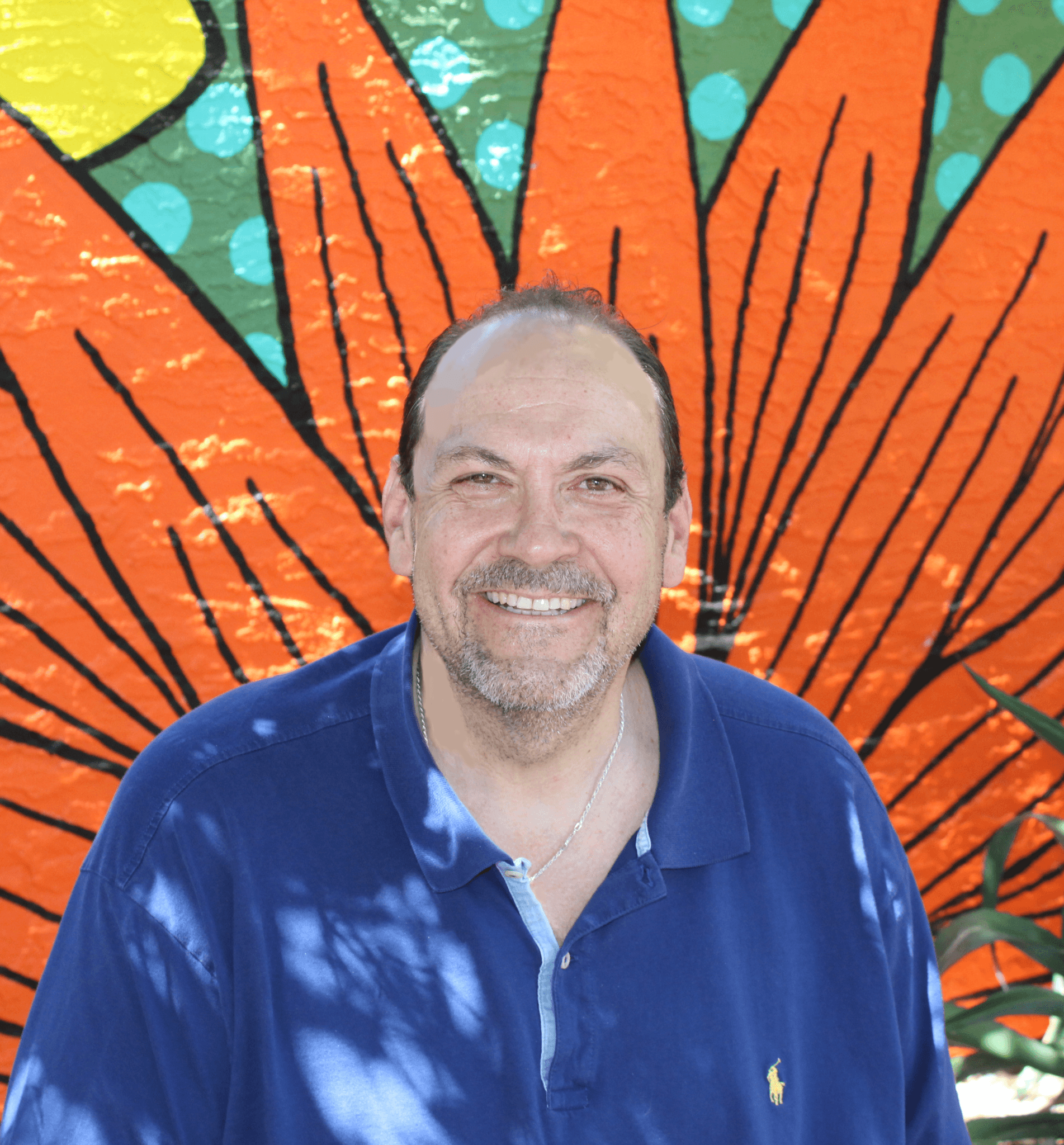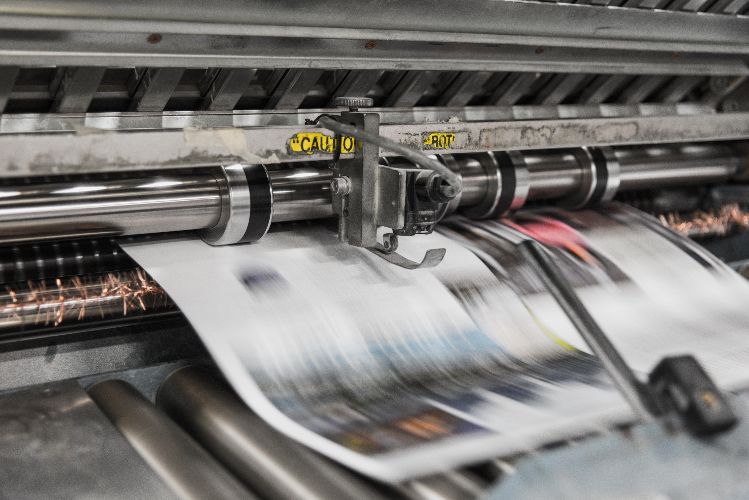
My name is Bob, and I manage TCAA's Interfaith Housing Emergency Lodging Program shelter (I-HELP) where we provide shelter for 40 people every night of the week. Our rotating shelter is made possible through our various faith partners who shelter 40 adults each night. Our guests are assigned a case manager and work together with the goal of permanent housing.
Often, when our Development team asks, "When will your blog be done?" I already have a message ready, an idea waiting to be written. But other times, I pause and reflect on my journey—on what brought me here and what continues to drive me. I had to rise from the ashes, confront the demons that once controlled my life, and fight for change. In these moments of reflection, I often think of a song that deeply resonates with my story, "I Wanna Get Better" by Bleachers:
"Hey, I hear the voice of a preacher from the back room
Calling my name and I follow just to find you
I trace the faith to a broken-down television and put on the weather
And I've trained myself to give up on the past 'cause
I froze in time between hearses and caskets
Lost control when I panicked at the acid test
I wanna get better."
I remember looking at myself in the mirror, seeing everything I had lost, and wondering what healing would look like. Who would I become if I made it to the other side? Then, in that moment, I would say to myself, "I just can't do it." It was a dark and lonely time.
So, what does this personal reflection have to do with homelessness or my work here at TCAA? Understand that people enter homelessness for a variety of reasons. Many of those we serve are elderly and simply can't afford the increasing rents in this market. Many are on fixed incomes and unable to work due to disability.
Whenever I’m asked in interviews or meetings, "Why do you do the work you do?" or "How did you get to this role?" the answer takes me back to my own journey. I was over a year into recovery when I had to go to prison for past actions. Upon my release, I returned to a job helping people with financial difficulties, but I had no passion for it. Then, a fellow person in recovery encouraged me to explore behavioral health and human services—specifically, working with people experiencing homelessness.
I dove in, working 80 hours a week, and it was eye-opening. As someone who had been homeless, I had no idea how many others were trapped in that same world. I witnessed their hopelessness and despair, and I empathized with them deeply. Over time, I learned about the community, the needs of the unhoused, the providers, and the donors who support the work.
I started sharing my story—my experiences of being homeless, of battling addiction, and of eventually finding my way out. I realized that my story was not unique and that so many others were on the same journey. I also teach a class at a recovery center that I developed based on my own experiences and what helped me find success in my journey. One of the subjects we cover is "Why?"—exploring the roots of an individual’s struggles in life and addiction. Having an understanding of the "Why," I found, can lead to positive outcomes. I have met hundreds of people on this difficult path, battling their own demons and often losing the fight. These encounters remind me of where I’ve been and stir up a flood of emotions. With addiction being so prevalent among those experiencing homelessness, and as a central issue in my journey, I chose to fully immerse myself in helping break down that barrier when it is identified with the unhoused I work with today.
Through all of this, I remember the people who were there for me: my family, who returned after years of distance; the clinicians and counselors who guided me; and my recovery community, who never judged me, even in a world that often does.
At TCAA, I continue to meet unhoused individuals who remind me of my own struggles, and I meet family members who desperately want to understand their loved ones who are living on the streets. People enter homelessness for a variety of different reasons, but for me, homelessness is unacceptable. In our individualistic, stoic society, we allow this issue to persist. At TCAA, specifically in the I-HELP Program, we work through three stages while providing underlying support to address any barriers to ensure long-term success. We find that using I-HELP as a building block program allows our clients to find a way out of homelessness. Creating a case plan at intake helps establish a roadmap that starts with the basics, like connecting to healthcare and SNAP benefits, and then obtaining vital documents. When they experience these initial successes, we help them gain employment by assisting with resume building and mock interviews. Many experience fear just at the thought of going to an interview, and we help them break through those fears. Once they begin employment, we work with them to find permanent housing, considering their circumstances and matching them with housing options that are sympathetic and willing to give someone a second chance. Seeing someone come to tears after going through this process gives me chills. Like me, they may have been judged or had doors closed on them. This is where the loss of hope and despair can come in. Our work doesn’t stop there. We stay with them for the next year, doing home visits and conducting check-in assessments to create a support system so they know they are not alone. We are their support system even after they leave the shelter.
That’s why I do this work. I believe that in a country with so much wealth and resources, we have the ability to ensure that people in crisis get the help they need quickly—so they never fall into homelessness, or if they do, it’s a brief episode. The ripple effects of ending homelessness would be profound: keeping families together, helping people maintain employment, and destigmatizing mental illness and addiction. Providing people a roadmap of building blocks allows them to build a life of stability and sustainability.
That’s my "why."
"I didn't know I was lonely 'til I saw your face
I wanna get better, better, better, better
I wanna get better
I didn't know I was broken 'til I wanted to change
I wanna get better, better, better, better
I wanna get better."
I am here to let people know that they can get better and working at TCAA allows me to help those who need a hand up!

